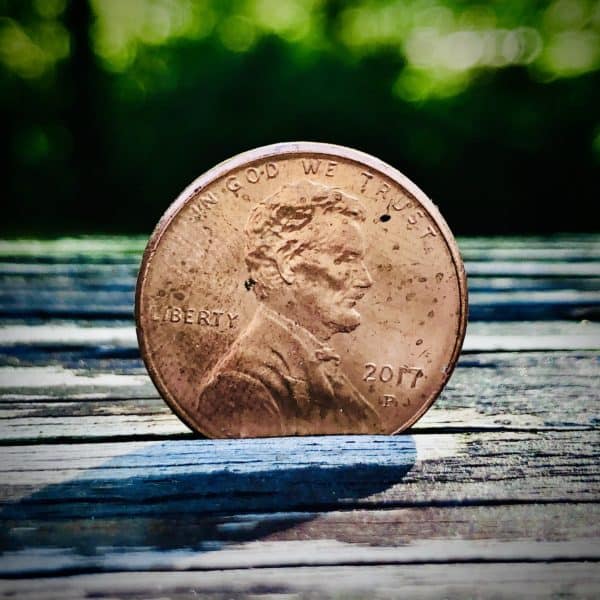
The United States is reportedly expected to lose its top rank as the largest cashless country and society in the world to nascent Asian markets by next year.
Cashless transactions in the US are projected to increase by 4.7% to reach $184 billion by 2020, according to a research study recently published by Capgemini. The study reveals that Asian markets are expected to surge 30% next year to reach approximately $208.7 billion.
China is projected to remain a dominant contributor to the emerging trend, mainly because of the rising popularity and increasing market penetration of payment platforms like Alibaba’s Alipay and Tencent’s WeChat Pay. India is also expected to continue as a leading contributor with major credit transform volumes along with government-backed promotion of open banking platforms and initiatives.
The widespread adoption of digital or online wallets, mobile payments systems, open banking and retail platforms has been growing steadily (globally). New systems being developed by US-based Amazon, Sweden-headquartered Klarna, and South Korea’s Samsung Pay (among many others) are contributing to the rise of cashless payments globally.
The world’s cashless payment market has grown considerably since 2017 when the US and China accounted for $147.3 billion and $64.9 billion worth of transactions, respectively.
The complete elimination of cash payments will not be possible, as Capgemini’s study reveals that total cash in circulation still managed to outpace economic growth in 40 out of the 42 most developed countries in the past ten years. This particular trend became evident in developed nations at the beginning of the 2008 global financial crisis, the study stated.
For instance, in Europe, cash transactions account for nearly 80% of all point of sale payments and around 54% by total value.

